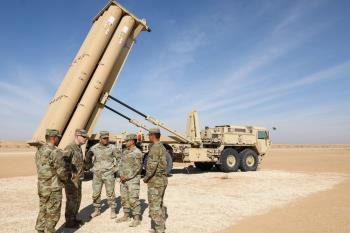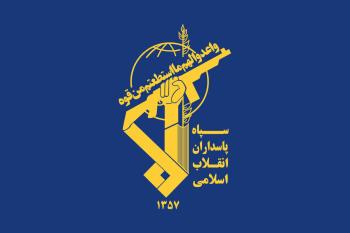Alwaght- Upon rise of Justice and Development Party (JDP) to power in Turkey in 2002, the Turkish economy witnessed a fast-moving growth, pushing many of economic affairs experts to call the economic policies and increasing Turkish national income as an economic miracle.
However in a year, the economy of Turkey has seen a downturn in a series of areas. According to a report published by the World Bank, the Turkish GDP (Gross Domestic Production) hit about $799 billion in 2014 but it fell to $722 billion in 2015 according to the same report. Furthermore, the per capita income from the GDP was reported to be $10,830 in 2014, but it moved down to $9,312 in 2015. In addition to downturn in per capita income, the inflation rate in Turkey jumped from 2.8 in 2014 to 8.9 in 2015.
According to the reports issued by the economic research centers in Turkey, the downturn in the economy has infected other trade areas. For example, in terms of foreign trade, the Turkish exports touched $169 billion in 2014, but in 2015 they decreased to $152 billion. This means that Turkey’s exports saw a 10 percent decrease in 2015 compared to 2014. Even more, in 2014 Turkey had $107 billion in foreign reserves but in 2015 they plunged to $92.2 billion. Therefore, only within a year, the country’s foreign cash saw a 14 percent loss.
In general, with a consideration of these figures it could be noted that the Turkish economy has experienced a slumping process in 2015, and according to estimations by the economists, this decline would continue with a faster speed in 2016. In fact, within a year, the Turkish economy has undergone a weakening process.
This could in near future pose a great challenge to the country's political leaders. Without doubt, one of the drives behind popularity of Turkey's ruling party, JDP, and its winning majority of the votes since 2002 has been the remarkable economic boom and the improvement of the living conditions of the Turkish citizens. But the recent wave of economic crises in Turkey which has resulted in low employment rates and jumped inflation could impair the popular and social base of JDP generally and President Recep Tayyip Erdogan specifically.
Certainly, should the Turkish economy keeps its slump like now, in 2016 it would make troubles for the Ankara leaders. In this case, Erdogan’s social base would be weakened more than ever. The fact is that Erdogan received in foreign and domestic policy a variety of domino losses, and economic decline in Turkey could be seen as a continuation of the successive losses of President Erdogan.
As part of efforts to contain the challenge, the Turkish President Recep Tayyip Erdogan within a month has started an array of essential changes in his foreign and internal policies. For example, by adoption of a policy of de-escalation of tensions with Russia and the Israeli regime, Erdogan seeks restoring the former foreign trade records of the country.
As this tendency continues, there should be an expectation of Erdogan’s policy shifts. But could these changes improve his damaged face at the Turkish society and pave the way for JDP’s unilateralist government to keep ruling the country?



























